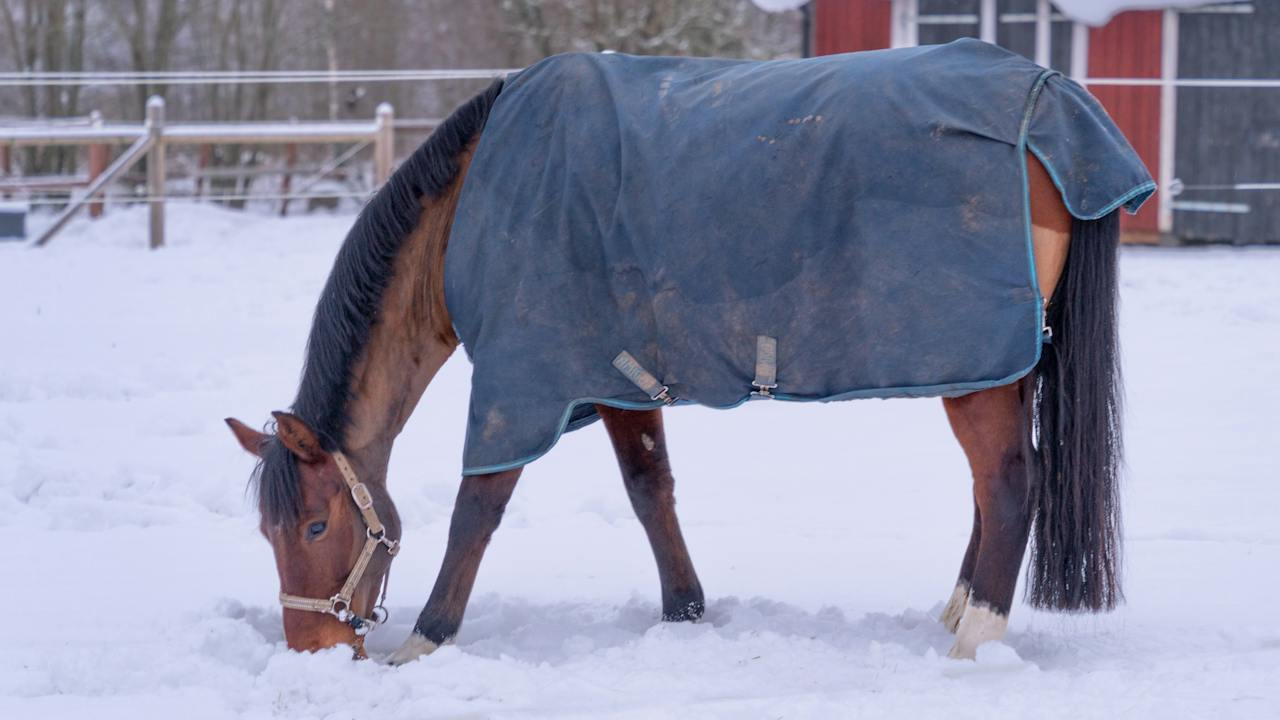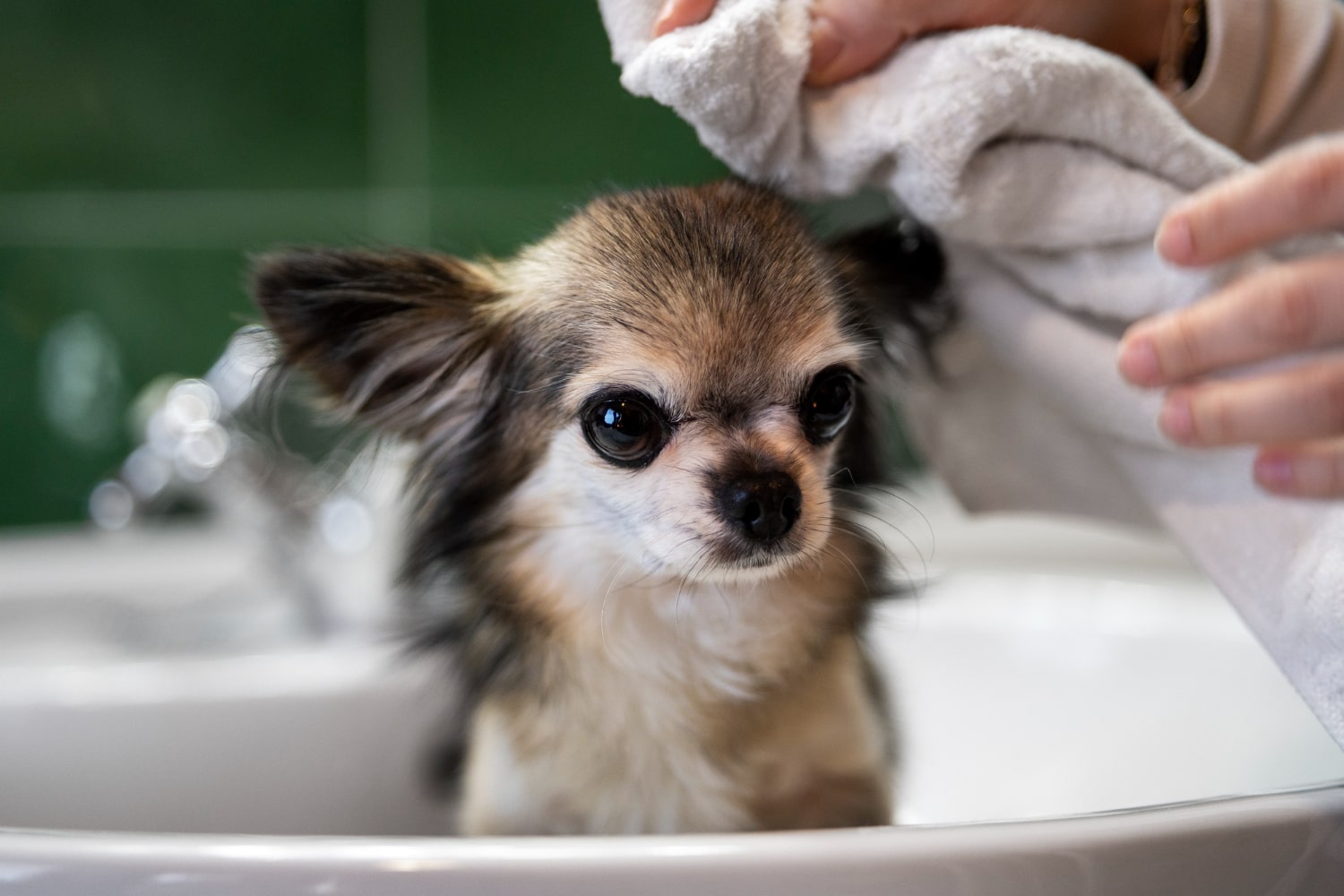As winter sets in ensuring proper care for your horses becomes paramount to their wellbeing. The colder months bring unique challenges that require attention to detail in maintaining the health and happiness of your equine friends. In this article we have compiled the top 10 winter care tips for your horse care to make his life easier and healthy in winter seasons.
Table of Contents
1. Shelter Matters
Ensure your horses have access to a well insulated shelter be it a barn, shed or a strategically placed windbreak. A comfortable and protected environment helps shield them from harsh winter elements all the time.
2. Blanketing Strategy
Invest in high quality horse blankets to provide additional warmth especially for clipped or older horses. Properly fitting blankets prevent discomfort and allow your horses to regulate their body temperature effectively.
3. Nutritional Adjustment
Adjust your horses diet by increasing hay intake. High quality forage aids in maintaining body heat through the digestion process. Consult with your vet to determine if any supplements are needed to address specific nutritional requirements.
4. Hydration Management
Combat winter dehydration by ensuring constant access to unfrozen water. Utilize heated water buckets or tank heaters to encourage regular drinking habits among your horses.
5. Grooming Routine
Regular grooming is crucial during winter. Brush your horses to remove dirt, sweat and loose hair promoting a healthy coat and improved blood circulation. Pay extra attention to areas prone to chafing from tack and blankets.
6. Hoof Health Maintenance
Keep horse hooves in top condition by regularly picking them out to remove ice, snow and mud. Schedule routine hoof trims with your farrier to prevent issues like snowballing and uneven wear.
7. Exercise and Mental Stimulation
Combat winter lethargy by engaging your horses in regular exercise even if it means shorter sessions. Utilize indoor arenas or well maintained paddocks to provide both physical and mental stimulation.
8. Strategic Use of Supplements
Consider incorporating supplements like omega 3 fatty acids to support joint health and enhance coat condition. Consult with your vet to determine the right supplements for your horses individual needs.
9. Vet Check Up
Schedule a winter checkup with your veterinarian to address any potential health concerns. Discuss vaccinations dental care, and general health evaluations to keep your horses in peak condition.
10. Temperature Monitoring
Keep an eye on the temperature and adjust your care routine accordingly. Be attentive to signs of discomfort such as shivering, and provide additional care during extreme cold spells.
By incorporating these top 10 winter care tips into your routine you Are taking essential steps to ensure the comfort, health and happiness of your horses throughout the colder months. Regular attention to their shelter, nutrition and overall well-being will go a long way in maintaining the vitality of your equine companions.
Q: How can I keep my horse warm during winter without a stable or barn?
By incorporating these top 10 winter care tips into your routine you Are taking essential steps to ensure the comfort, health and happiness of your horses throughout the colder months. Regular attention to their shelter, nutrition and overall well-being will go a long way in maintaining the vitality of your equine companions.
Q: What changes should I make to my horse’s diet in the winter?
Increase your horse’s hay intake to help them generate internal heat through the digestion process. Consult with your veterinarian to determine the appropriate amount and type of feed, and consider adding supplements if needed.
Q: How can I prevent my horse’s water from freezing in cold temperatures?
Invest in heated water buckets or tank heaters to keep water accessible and unfrozen. Check water sources regularly and break any ice that forms to encourage your horse to drink consistently.
Q: Is grooming still necessary during winter, even with a thick coat?
Yes, regular grooming is essential in winter. Brushing helps remove dirt, sweat, and loose hair, promoting a healthier coat and better blood circulation. Pay attention to areas prone to chafing from tack and blankets.
Q: Should I continue regular hoof care during winter?
Yes, winter can be tough on horse hooves. Regularly pick out hooves to remove ice, snow, and mud. Schedule routine hoof trims with your farrier to prevent issues like snowballing and uneven wear.
Q: Can I still exercise my horse outdoors during winter?
Yes, but be mindful of the weather conditions. Short, frequent sessions in an indoor arena or a well-maintained paddock can provide exercise and mental stimulation. Monitor your horse for signs of discomfort and adjust activities accordingly.
Q: When should I use horse blankets, and how do I ensure they fit correctly?
Use blankets selectively for horses that are clipped or older. Ensure proper fit to prevent rubbing and discomfort. Use blankets in extreme cold but allow your horse’s natural coat to provide insulation whenever possible.
Q: What signs should I look for to ensure my horse is coping well with winter conditions?
Monitor your horse for signs of shivering, weight loss, or behavioral changes. A healthy winter coat, regular eating and drinking, and maintaining a good body condition are positive indicators. Consult with your veterinarian if you notice any concerning changes.












